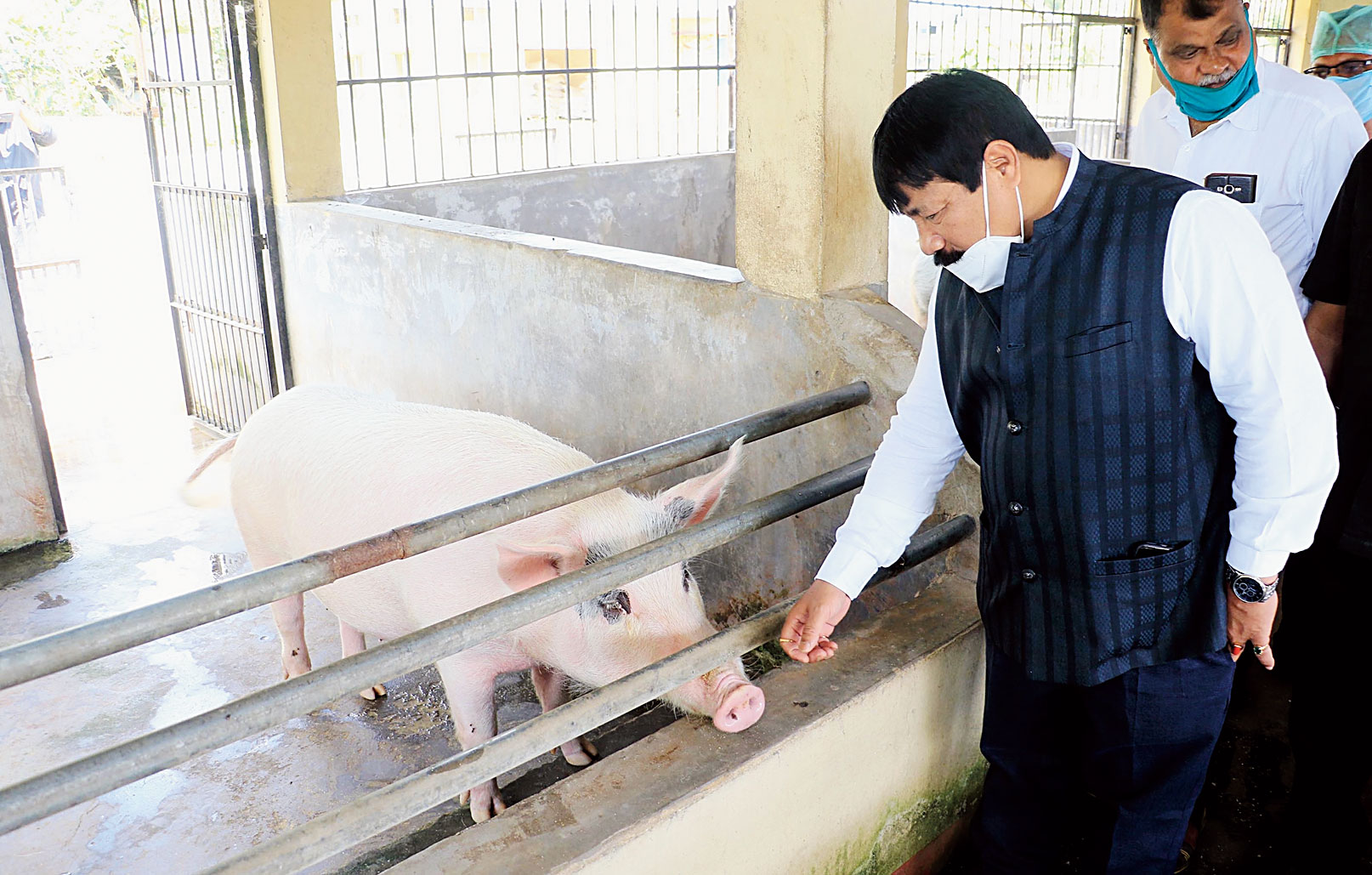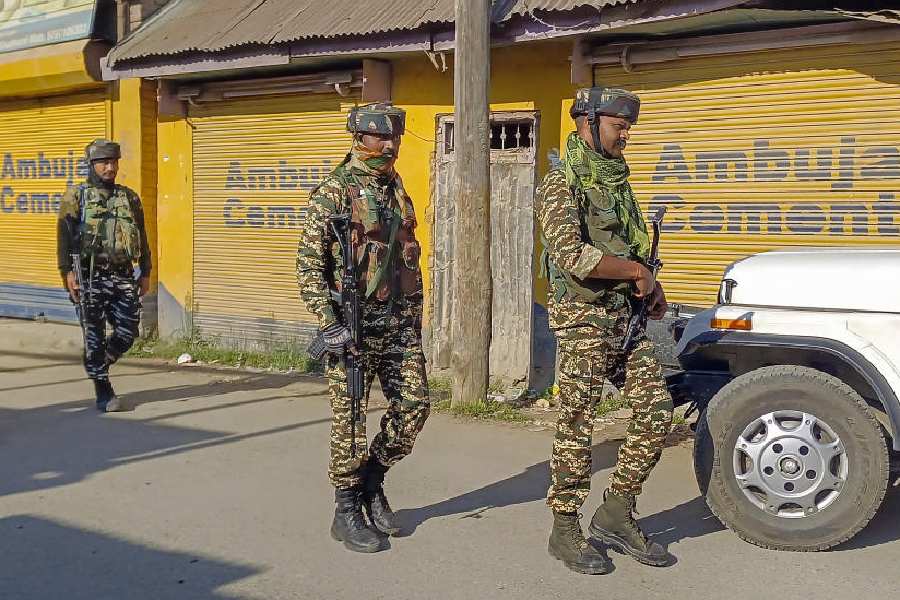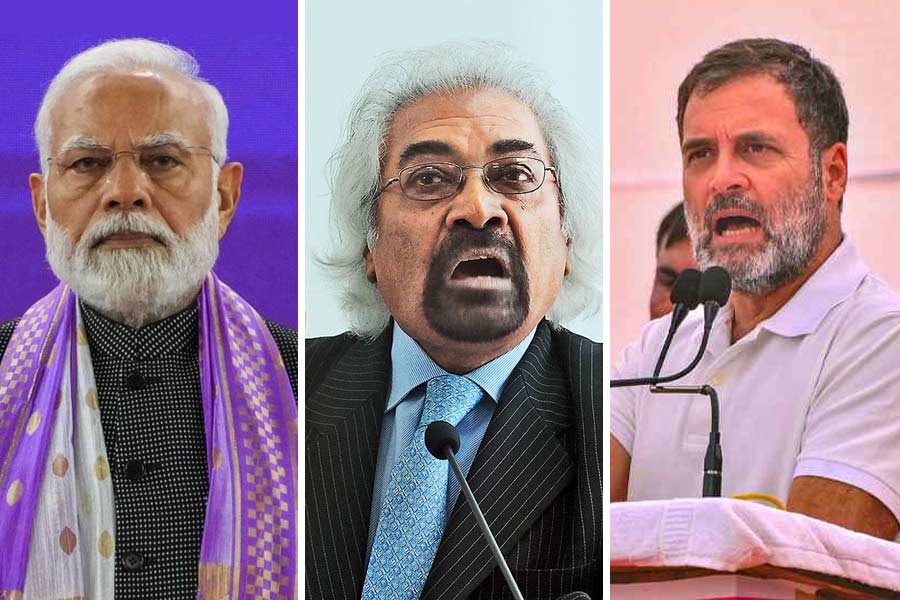The Assam government has decided not to go for mass culling of pigs to contain African swine fever in the state and constituted a core expert committee to guide it in combating the disease.
This is the first time the disease has been detected in the country.
After testing 17 samples from Assam and 62 from Arunachal Pradesh, the National Institute of High Security Animal Diseases (NIHSAD), Bhopal, confirmed presence of African swine fever in affected pigs in the two states.
According to the NIHSAD report, all the 17 samples from Biswanath, Sivasagar, Kamrup (metro), Jorhat and Dhemaji districts in Assam were found positive for African swine fever, while 11 out of 62 samples from Arunachal Pradesh, tested positive. Papum Pare and East Siang are the two Arunachal Pradesh districts where pigs are affected by the disease.
According to the World Organisation for Animal Health, there is no approved medicine for African swine fever, which was historically reported in Africa and parts of Europe, South America and the Caribbean and later spread to Asian countries.
Assam veterinary and animal husbandry minister Atul Bora on Sunday told reporters there was a possibility of the disease spreading from China to Assam through Arunachal Pradesh. “We assume the disease had spread to Arunachal from China and then to Assam,” he said.
Bora said his department in a meeting on Sunday discussed how to prevent the disease without going for mass culling considering the economic impact the move will have on rural populace where rearing of pigs is one of the major sources of economic support for many families.
“The department decided to collect and test samples of all pigs in an area within a 1km radius of an infected place. Only those pigs will be culled which will be found affected by the disease,” Bora said.
After receiving the report from NIHSAD, Dispur on Saturday formed a 20-member core group of experts to aid and advise it in taking decisions on containment measures and other precautions to be adopted.
The Sunday meeting was attended by representatives of the committee along with a number of pig farmers from across the state. He said the Centre has sent an advisory to the state government regarding steps to be taken to fight the disease.
Bora said although the disease has primarily affected those pigs which are set free by their owners for grazing, it has also been reported in a few farms in Dhemaji district.
According to government data, 2,500 pigs died of African swine fever, which was first detected towards the end of February in the state.
The department will identify an area with a 10km radius from an affected place as surveillance zone which will be under strict observation. “Pigs or pig feed will not be allowed to be transported out of that area and people from an infected area will not be allowed to visit other pig farms,” Bora said. He added that although the disease does not affect human beings, they later can act as carriers.
Though Bora on Sunday said there was no harm of eating pork from healthy animals, the department decided to continue the ban on pork eating and sale in Dhemaji, North Lakhimpur, Biswanath, Dibrugarh, Sivasagar and Jorhat—the six districts where “unusual” death of pigs was reported in the past several weeks.
Director of animal husbandry and veterinary department Pulin Das said as of now no decision has been taken on banning pork eating and sale in Kamrup (metro), although samples from Gorchuk area in the district tested positive for African swine fever.
Bora said from now people will not be allowed to set their pigs free for grazing and all pigs will have to be kept in confinement. “If any pig is found roaming around, it will not be considered anybody’s property,” he said.
The department has decided to launch a mass awareness drive against African swine fever and constitute district-level committees to monitor implementation of guidelines issued by Dispur.
Meanwhile, it has suspended the ongoing vaccination drive against classical swine fever for 20 days fearing that veterinary doctors injecting the vaccine may become a carrier of African swine fever.
The department has also launched a toll-free number — 1962 — for pig farmers. The pig population in Assam is around 30 lakh.










